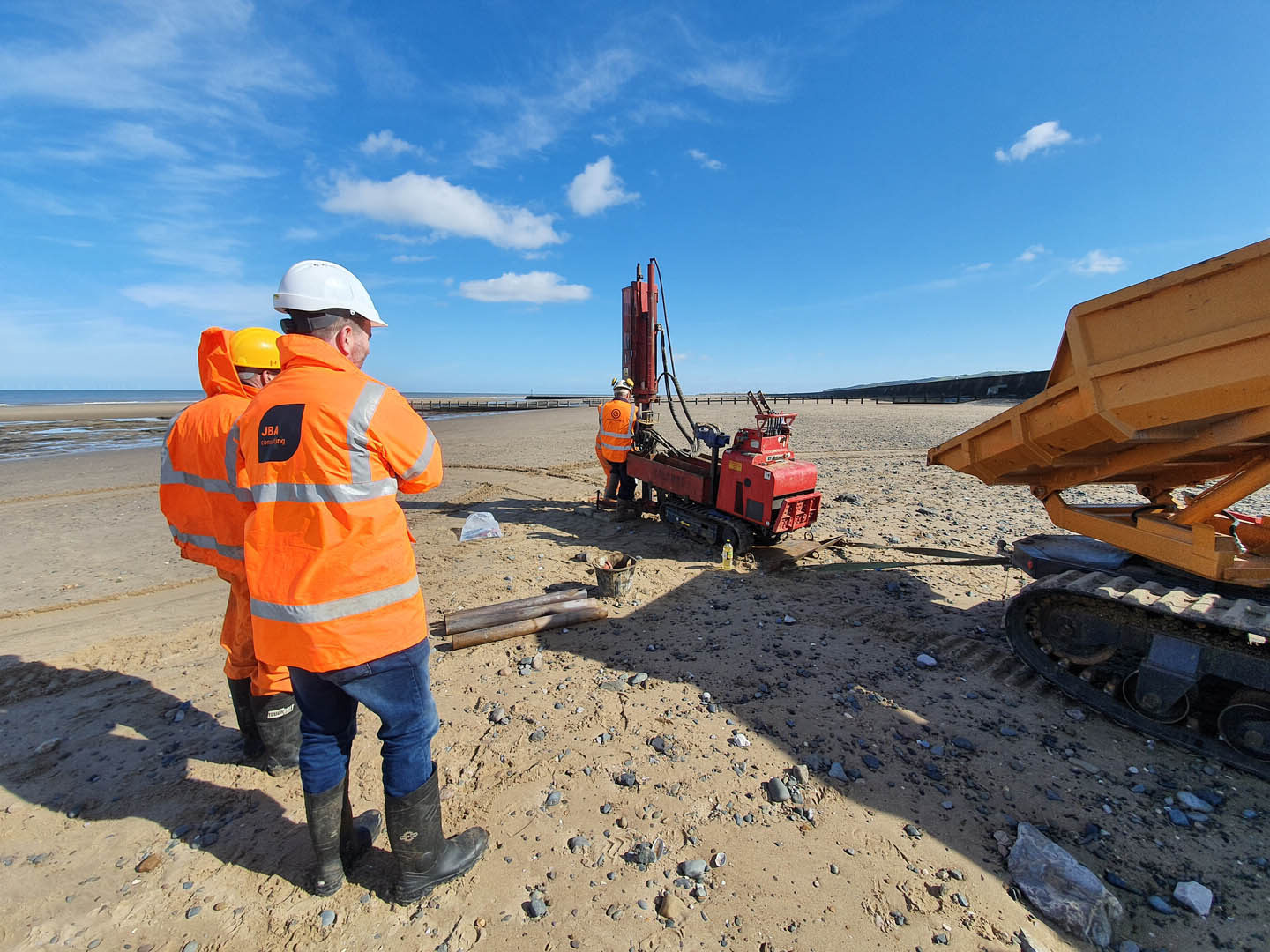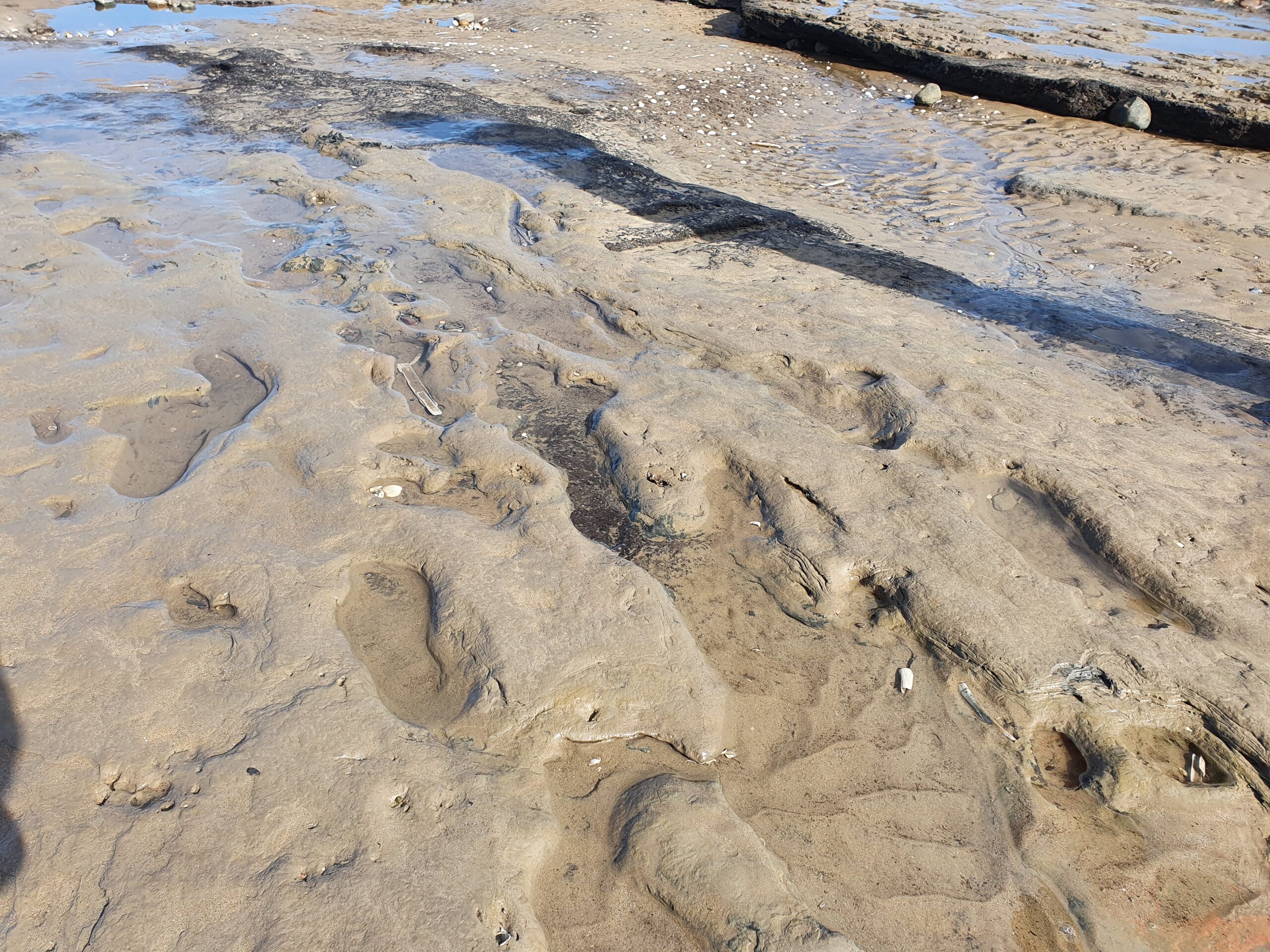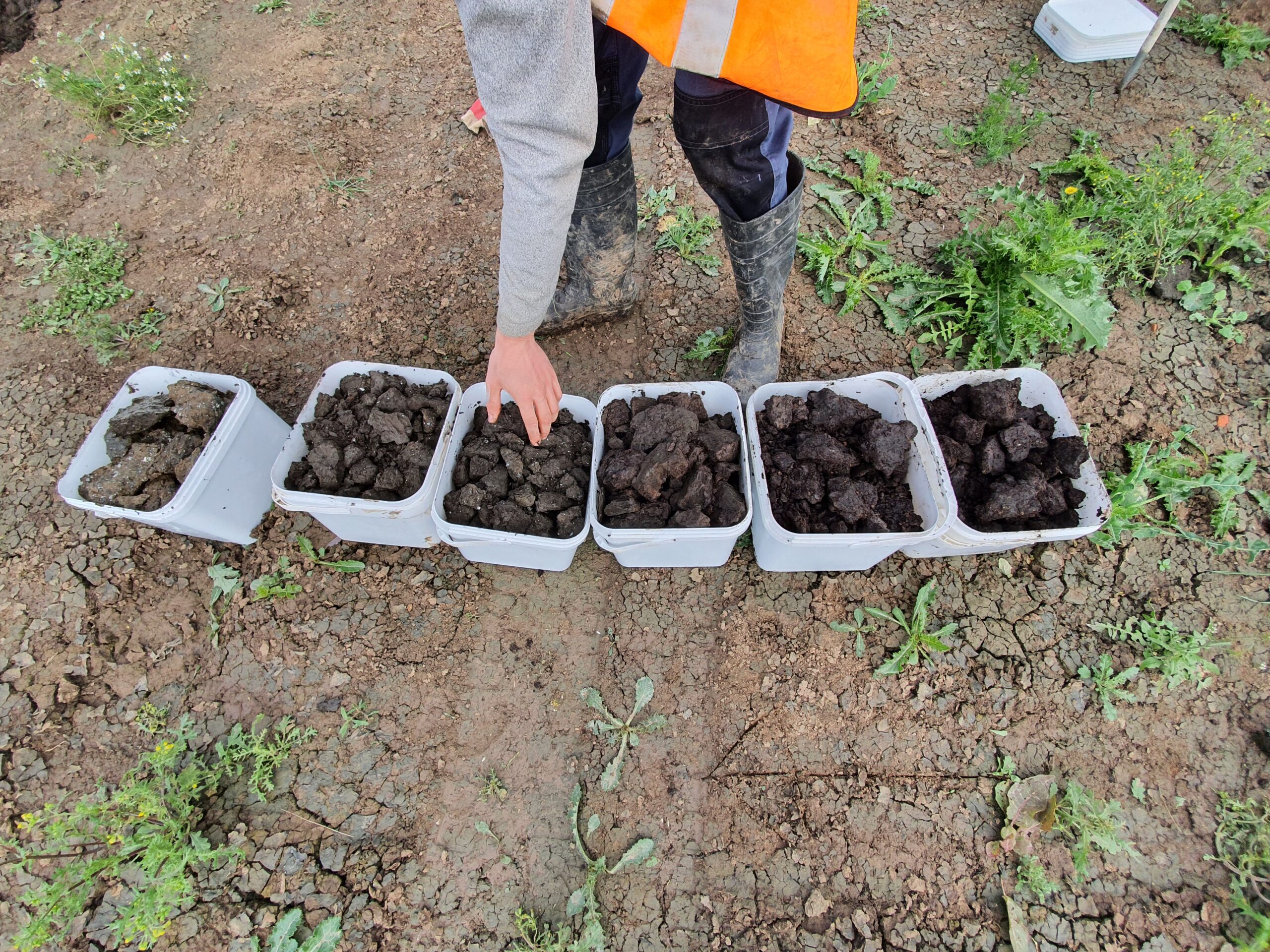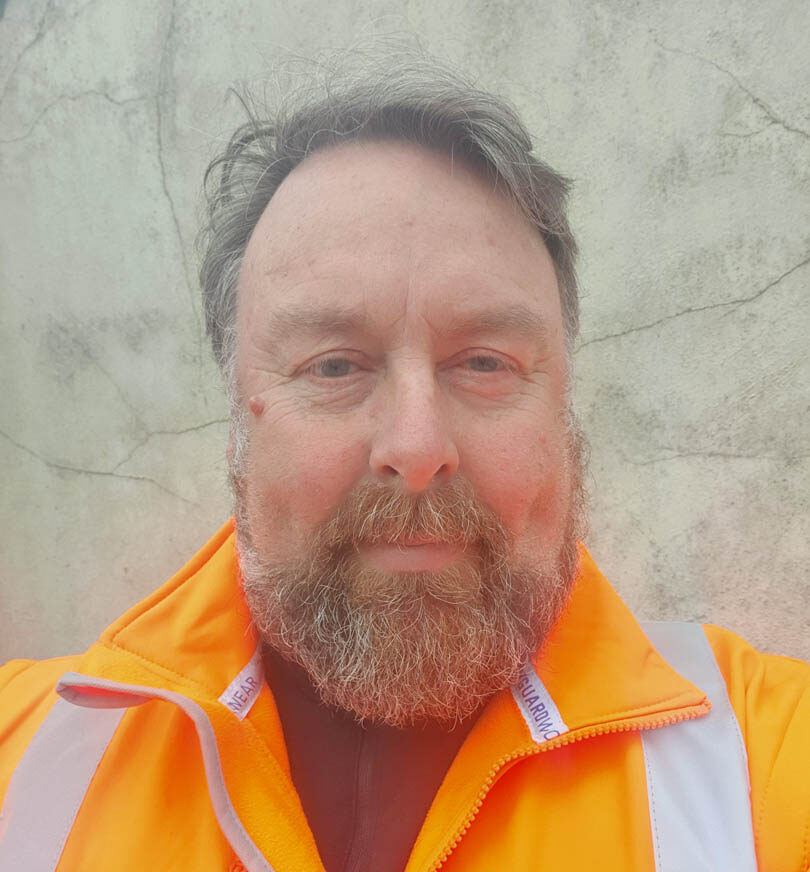What is the need?
Geoarchaeology combines earth science principles and techniques to gain a better understanding of the archaeological record. It examines the origin, alteration, and transformation of sediments over time. This includes both natural and human-induced processes that have contributed to the development and transformation of deposits.
Geoarchaeological approaches can vary by project circumstances and may include:
- Desk based assessments (DBAs)
- Borehole and test pit surveys
- Ground investigation monitoring
- Prospection and prediction of palaeoecological and archaeological deposits through deposit modelling
- Understanding site formation processes
- Explaining issues of preservation
- Refining field interpretations of archaeological contexts and stratigraphy
- Identifying changes in the physical landscape through time
- Palaeoenvironmental assessment
Borehole surveys enable a more precise understanding of the deposits and stratigraphy, thereby confirming the accuracy of desk-based assessments and allowing for detection of features that may be missed by general surveys.
In cases where the archaeological remains are buried too deep for traditional excavation methods, more extensive geoarchaeological assessments may be carried out, such as in peatlands or near past and present river systems. This enables a detailed reconstruction of past landscapes and environments to develop appropriate mitigation strategies.
Geoarchaeological assessments allow us to make informed decisions about the effects of projects on the local environment and associated heritage deposits, achieve good design outcomes and design proportionate mitigation strategies.
What is the added value?
Having a geoarchaeologist involved at the outset of any project helps to determine the extent of the required work, the identification of any potential risks, and provides input towards determining the most suitable approaches.
In addition, new geoarchaeological data can be shared with other project specialists including geotechnical engineers, geomorphologists and landscape architects.

For more information on our Geoarchaeology services, please contact Richard Payne.





